Call to involve men in education to curb early childhood marriages
- By Zimpapers Syndication |
- 09 Jan, 2026 |
- 0
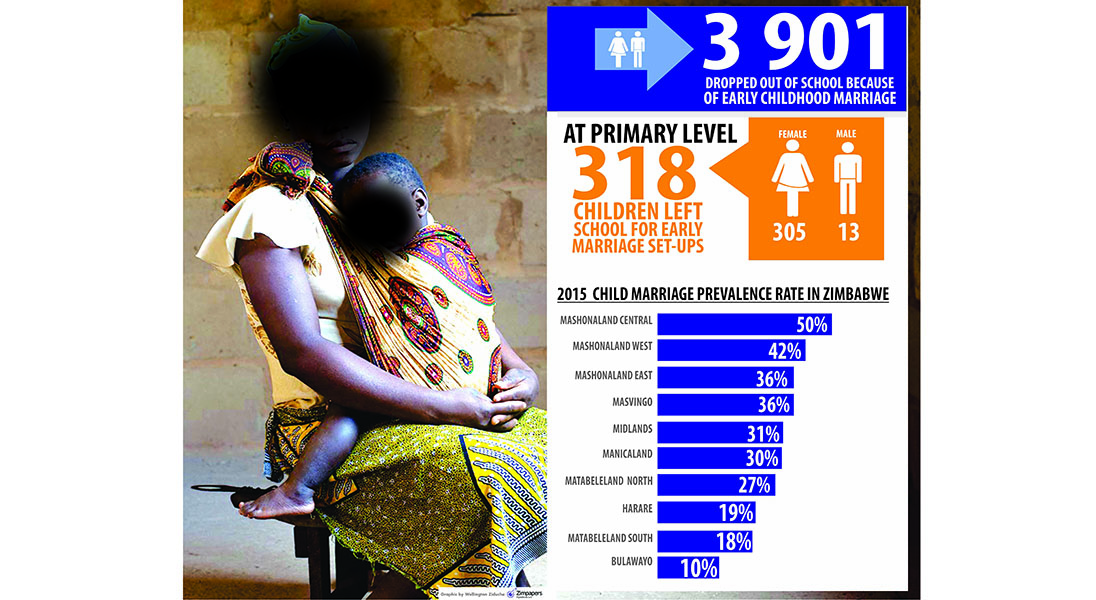
Charity Ruzvidzo ---
A youth rights lobby group – Roots Zimbabwe is calling on the government and child rights organisations to include men in programmes aimed at curbing early childhood marriages.
The child rights lobby group made the call recently in Glendale, Mazowe district where there is an initiative to engage men in dialogues on the impact of early childhood marriages.
Nyasha Mantosi, the lobby group’s programmes officer, said the campaign was aimed at educating men against marrying young children.
“Mashonaland Central province has the highest cases of early childhood marriages. After realising the burden of this in the province, a number of campaigns have been put in place to empower girls. We decided to shift our focus to teaching men the dangers associated with early childhood marriages,” she said.
According to UNICEF child marriages often compromises a girl’s development by resulting in early pregnancy and interrupting her schooling.
In addition, her opportunities for a career are limited and she is placed at increased risk of domestic violence. Child marriage also affects boys, but to a lesser degree than girls.
Mantosi said the response they got from the men was overwhelming.
“The number of men who came through for the campaign was very good but we still hope we can get more numbers. It is essential to teach the drivers of these marriages the harm they are causing society when they marry young children,” she said.
The campaign also offered free HIV testing and counseling services.
“We realised that most men do not want to go to the hospital. This is caused by the misconception that men are strong and hospitals are for women, the weak.”
“Such beliefs put the young girls at risk of being forced to a marry someone who is already sick,” said Mantosi.
Mazowe rural council official Shepherd Edward, said behaviour change towards marrying young children was essential in men.
“We know that behaviour change is not an event but a process. Initiatives such as this campaign need to be constantly done in order to achieve a change in attitudes towards early childhood marriages,” he said.
“There is need for self censorship, one must be able to realise the jeopardy caused to the child’s future by these marriages,” said Edward.
The Mazowe council official said in his fight against early marriages he has engaged traditional leaders and communities where child marriages are rampant.
“I summoned chiefs and headmen who deal directly with these men who marry young children in their villages urging them to discourage such behaviour and report such cases to the police,” said Edward.
Child rights activists say some of the major causes of early childhood marriages are the prevailing religious and cultural norms that allow it to take place as an acceptable practice.
These norms include arranged marriages, pledging girls to families to appease ancestral spirits, and poverty driven trade-offs in which girls are made to enter marriages by poor families in exchange for livestock and money.
The campaign also afforded men a chance to partake in dialogues providing them a platform to voice out their thoughts on early childhood marriages.
Adam Mandaza, 42, of Glendale said men who marry young girls rob the nation of its treasure.
“I get very emotional when I think of elderly men who marry young girls old enough to be their grandchildren or daughters. The only reason behind this is lust. Such men must be given life in prison,” he said.
Mandaza said it is pivotal to consistently have campaigns aimed at raising awareness against early childhood marriages focusing men.
“Men play a major role in the increasing number of childhood marriages. This campaign has been eye-opening. There is need for more of these campaigns to fight against this menace,” he said.
Others think differently.
They blame women for perpetrating early childhood marriages.
“Men are forced to marry young children by women. We find out that mothers go to wealthy men and offer their daughters. The men out of the goodness of their hearts comply as they want to save a family from starving,” said Nathaniel Marufu, from Glendale.
Samuel Nleya, 28, said exposure to social media was also contributing to early childhood marriages.
“Young children these days are now exposed to music, videos and films they shouldn’t be exposed to. For instance did you notice how some young girls who are still in primary school were dancing in an erotic manner to the Boom Beto song (Amai Munodonhedza Musika). Under such circumstances how do we stop early childhood marriages?” asked Nleya.
The government and other stakeholders have conducted rigorous campaigns to empower the girl child and women with necessary skills to curb early childhood marriages, teenage pregnancies and gender based violence.
However, activists say more campaigns are needed to focus on educating men against early childhood marriages,
According to a 2015 UNICEF report the prevalence of child marriage in Mashonaland Central and West stood at 50 percent and 42 percent respectively.
Masvingo and Mashonaland East were at 36 percent, Midlands at 31 percent, Manicaland 30 percent, and Matabeleland North at 27percent.
Harare has 19percent, Matabeleland South 18 percent and Bulawayo 10 percent.
According to education ministry statistics released last November, a total of 3 650 females and 251 males dropped out of school because of early childhood marriages nationwide.
At primary school level, 305 females and 13 male children left school for early marriage set-ups.
Last year, the constitutional court ruled that no child under the age of 18 would enter a valid marriage union.
Mashonaland Central also recorded the highest adolescent pregnancies in the country, a report has shown.
According a report titled: “National Adolescent Fertility Study” adolescent pregnancy was highest in Mashonaland Central at 28 percent and lowest in Harare at 7 percent.
Due to this the province also records a high number of gender based violence.
However, according to a 2016 UNFPA report, the percentage of women aged between 15 and 49 who had experienced physical violence, decreased in Mashonaland Central, from 23,5 percent in 2010 to 15 percent in 2015.
Africa has 15 of the 20 countries in the world with the highest rates of child marriage.
According to UNICEF, if the current trend continues, the number of child brides in Africa is expected to double by 2050. -Zimpapers Syndication.
No Comments




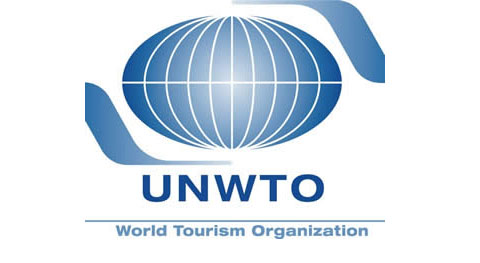


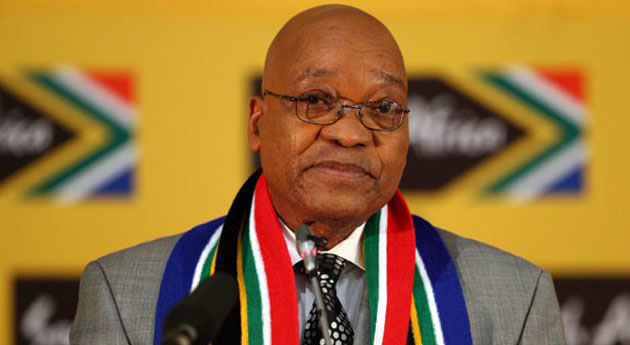

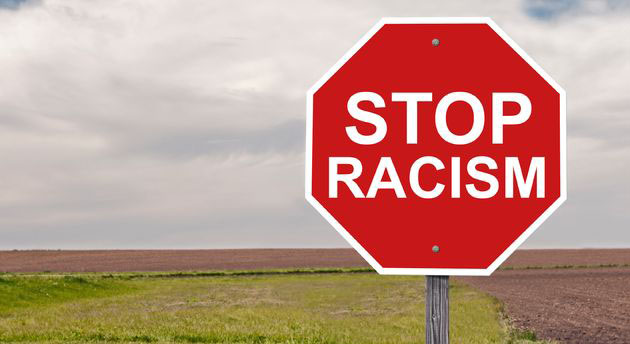
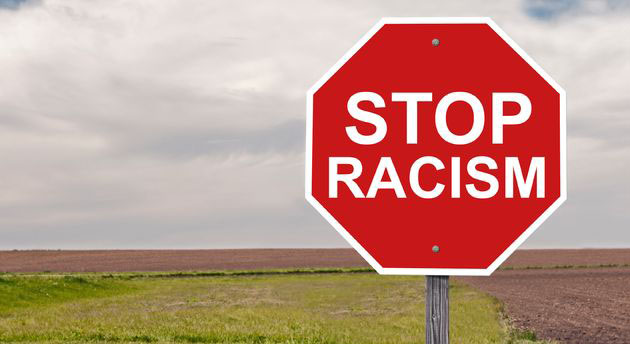
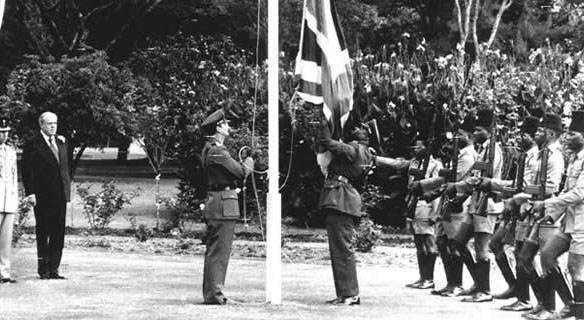
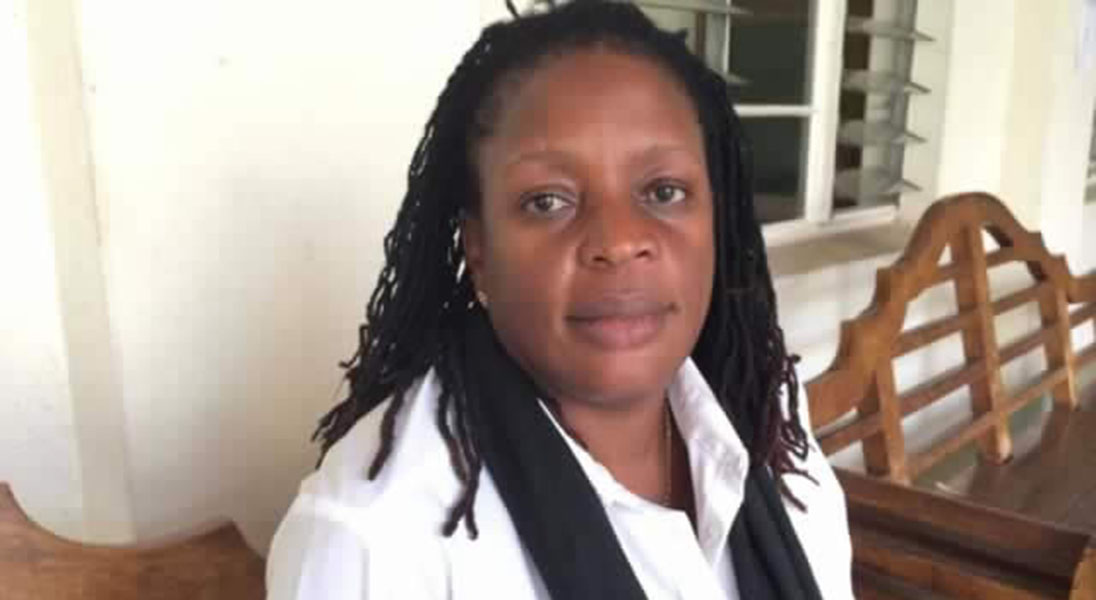
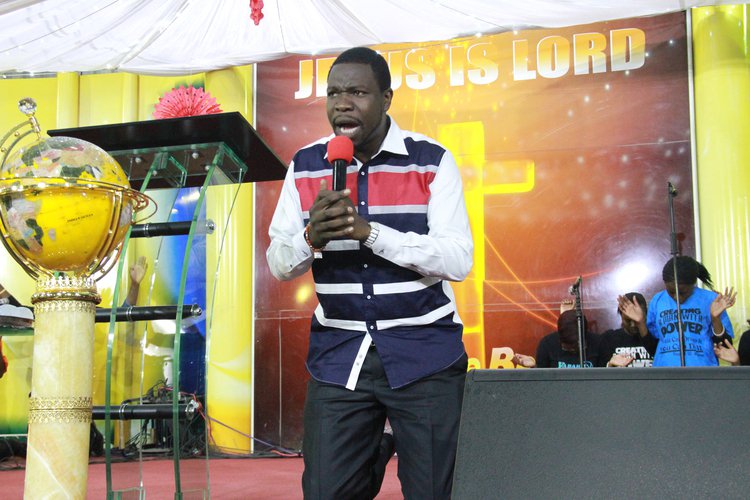
Comment